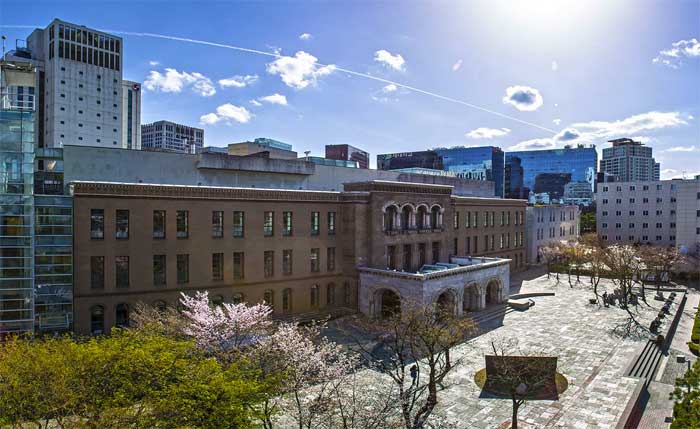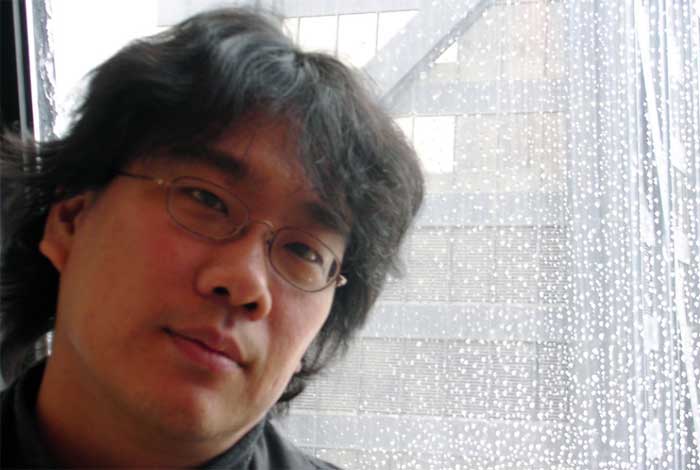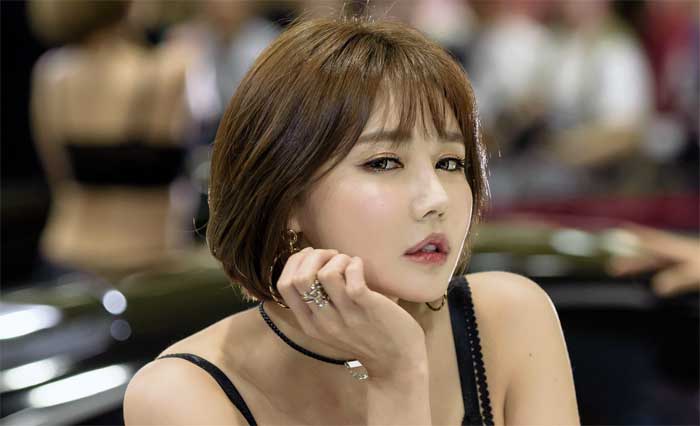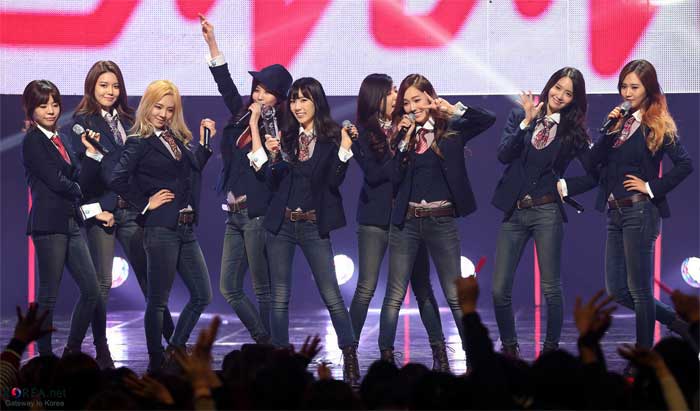With all the attractions that the South Korean city of Seoul offers, it can be quite expensive. That is why it is important to know the free amazing things the city has to offer, so you can make the most out of your budget. From scenic hikes to interesting museums and poetic sunrises, there are plenty of free things to do in Seoul.
119, Changuimun-ro Jongno-gu Museum
Conceived as a salute to Korean poet Yun Dong-ju, this museum houses old photos and fist editions of this beloved poet. This museum used to be a pressurisation facility, and now the design of indoor space is what captivates visitors. The magic continues outside, from where you get memorable views of N Seoul Tower.
Jeoldusan Martyrs' Shrine
This Shrine was built on the site of the Byeonin Persecution of 1866 in remembrance of the many Roman Catholics that were murdered there. Here you can learn about the site's history through implements of torture on display.
Culture Talk
Enjoy a free concert, attend a lecture or go to one of the free exhibitions held at the Culture Talk, a cultural centre made out of five transformed oil tanks from the 1970s. According to the Seoul Metropolitan Government, "The Mapo Oil Depot, a grade 1 security facility which has been strictly prohibited from public access and usage over the past 41 years, has been transformed into an environment-friendly culture space featuring festivals, performances, exhibitions and village markets since September 1, 2017.
"The Seoul Metropolitan Government is operating various participatory programs created, produced, and shared among citizens at the Oil Tank Culture Park," such as the Dalsijang market, the Bicycle Music Festival for Urban Nomads, Project Nada,
"Dalsijang market is an environment-friendly village market held around the time the moon comes out that does not use any disposable goods. The market taking place at Culture Plaza is held on the second Saturday of each month and participated by residents, social economy entrepreneurs, and young local artists. The first Dalsijang Market will be operated on September 9 (Saturday) between 5am and 9pm. When you visit the market, make sure to bring your cup and shopping basket!"
They also describe the Bicycle Music Festival, "featuring a restaurant connected to a bicycle, a moving playground with a large tire and bicycle and various artistic performances will take place on September 9 (Saturday) along with Dalsijang Market."
They also host exhibitions and workshops, so you will always find something to do even if there are no festivals taking place.
Seoul Museum of Art & the Cheongun Literature Library
Located in a historic building, SeMA is a modern art museum where the permanent exhibition is free and often overlooked in benefit of special exhibitions which can be crowded and expensive. Apart from being a library, the Cheongun Literature Library is one of the most stunning museums in Korea, and fortunately, one of the few free ones. Housing an average collection of books, the library's reading rooms are located in a traditional Korean house on the second floor.
Gyeongui Line Forest Park
Built on 100-year old train tracks that connected both Koreas, the Gyeongui Line Forest Park is an interesting park steeped in history. Stretching several trendy neighbourhoods, this part is the hot spot for locals to have picnics and a meeting point for buskers with their guitars in the Yeonnam-dong portion of the park. The park also hosts piano performances when the weather is favourable.
You can also take a stroll through the Bukchon Hanok Village, which is made up of hundreds of traditional Korean homes (hanoks).
Don't miss out on a tour of South Korea's presidential office. There you can walk through the house's famous locations, such as Nokjwon, which is the Blue House's garden of trees. You can book your tour on the office's official website, which states "Cheong Wa Dae is where the President of the Republic of Korea lives and works. The compound is home to administrative offices for the President, Secretariat and other staff as well as the official residence of the President and First Lady. Cabinet meetings, receptions for state guests, critical decision-making for the country, and diplomatic events all take place here. As such, the name ‘Cheong Wa Dae' not only denotes a specific location but also stands for the highest authority of the Republic of Korea."




